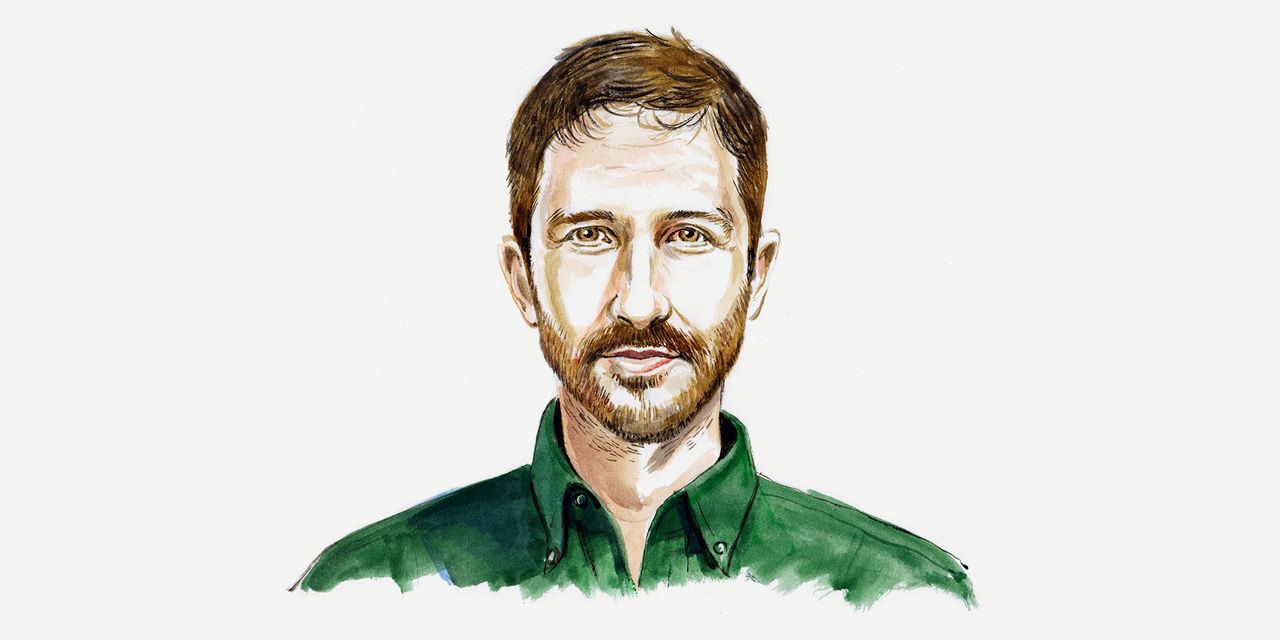A S SOCIAL-MEDIA platforms gained dominance over the past decade, society was transformed. In its early days, that transformation was billed as an unprecedented good by social-media companies including Facebook, Instagram and Twitter—they were, after all, connecting the world as never before. Twitter’s tagline in 2014 was the succinct and bright “What’s Happening?” Instagram’s was “Capture and Share the World’s Moments.” Facebook’s login page declared that “Facebook helps you connect and share with the people in your life.”
But as Charlie Munger, Warren Buffett’s late business partner, once said, “Show me the incentive and I’ll show you the outcome.” And those taglines obscured a warped incentive structure within social-media platforms—an invisible engine that would come to drive the psychological experience of billions of people. Darker realities emerged. As social media tightened its grip on our everyday existence, we witnessed the steady shortening of attention spans, the outrage-ification of political discourse and big increases in loneliness and anxiety. Social-media platforms fostered polarisation, pushing online harms into offline spaces, with at times tragic, fatal results.




